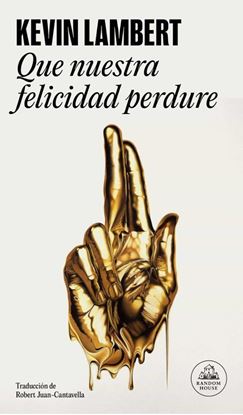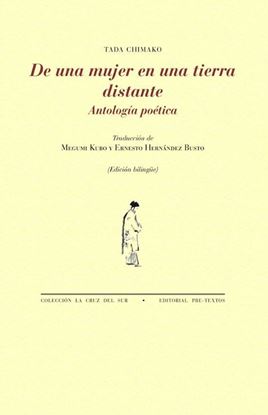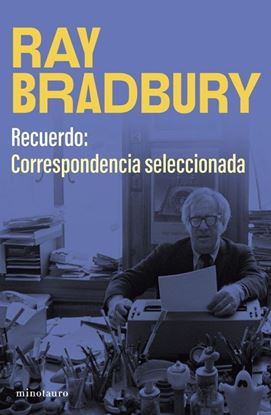

DIOSES DEL JUEGO 1. THE STRIKER
Déjate atrapar por el sports romance de Ana Huang.
Ella es la única mujer que desea? y la única que no puede tener.
Asher Donovan es una leyenda de fútbol, pero su actitud deja mucho que desear.
1,600
1,200
LO MEJOR DE MAFALDA
Polémica, concienciada y encantadora, Mafalda es la niña argentina más famosa de todos los tiempos. Su primera aparición tuvo lugar el 29 de septiembre de 1964. La seguirían casi dos mil tiras que narrarían la vida cotidiana de esta niña bonaerense de seis años, rodeada de su familia y amigos. En muy poco tiempo, sus aventuras empezaron a recorrer el mundo y a brindar horas de lectura y persión a millones de lectores. Desde las tiras predilectas del propio Quino a las más representativas de cada personaje, pasando por las que más sacudida produjeron en los lectores, convirtiéndose en icónicas, las que delinean el contexto social que las vieron nacer o las que anticiparon temáticas actuales, este nuevo tomo es una selección de los mejores momentos de nuestra heroína favorita, prologada por Judith Gociol.
1,600
1,200
QUE NUESTRA FELICIDAD PERDURE
Un drama en tres actos que disecciona con ironía y desenvuelta crueldad los excesos de la clase privilegiada.
Premio Medicis 2023 – Premio Decembre 2023 – Premio Ringuet 2023
Finalista Premio Goncourt 2023
"En un momento en que muchos novelistas sienten la presión de escribir literatura socialmente útil, la negativa de Lambert a ofrecer soluciones se siente como una bofetada vigorizante".The Walrus
Celine Wachowski está teniendo un mal día. La prestigiosa e influyente arquitecta de fama internacional, presentadora de un exitoso programa televisivo y musa de mil memes, finalmente muestra el primer gran proyecto que realizará en su ciudad natal. Debería ser la joya que corone su brillante carrera, pero inmediatamente la crítica estalla: se la acusa de destruir el tejido social, de acelerar la gentrificación de los barrios y de toda una serie de pecados aún más capitales. Mientras furiosos manifestantes y medios de comunicación tiran por tierra su imperio, Celine intentará proteger su esplendido mundo.
1,600
1,200
EL ROMANTICO
Nacido en 1799, Cashel Greville Ross tiene la oportunidad de vivir muchas vidas. Son años alegres, pero devastadores, años de suerte y también de pérdidas inesperadas. Trasladándose del condado de Cork a Londres y de Waterloo a Zanzíbar, Cashel desafía el destino en todos los continentes, vivirá extravagantes aventuras en frenética búsqueda de su verdadero yo, se enfrentará a una terrible elección moral en un pueblo de Sri Lanka como parte del ejército de las Indias Orientales, viajará a Pisa, donde entrará en el mundo de los poetas románticos y en Rávena, la ciudad de Romeo y Julieta, conocerá al amor de su vida. Soldado, amante, padre, amigo de célebres poetas como el propio Lord Byron, criminal, agricultor, explorador y escritor metódico, Cashel siempre se encontrará en el lugar y en el momento en que el siglo acelera inevitablemente su curso sin dejar nunca de interrogarse sobre el sentido de su errancia. De la pluma de uno de los escritores británicos más queridos de nuestros tiempos, una novela centelleante sobre las extraordinarias aventuras de un hombre corriente y, al mismo tiempo, el vívido retrato de una época convulsa y fascinante.
1,600
1,200
DE UNA MUJER EN UNA TIERRA DISTANTE
Presentamos una selección de poemas de una de las grandes poetas contemporánea japonesa. El trabajo poetico de Chimako mezcla referencias de la literatura clásica griega y latina con la tradición china y japonesa, pivota sobre la psicología femenina, tanto en la mitología como en el mundo moderno. Esta edición es la primera que se hace de su obra en español.
1,650
1,238
RECUERDO: CORRESPONDENCIA SELECCIONADA
Un recopilatorio de la correspondencia de Ray Bradbury, uno de los escritores y creativos más conocidos de nuestro tiempo.
Ray Bradbury fue uno de los escritores y creativos más conocidos de nuestro tiempo. Ahora, por primera vez, se recoge y publica su correspondencia en una selección que abarca desde sus años de adolescencia hasta su vejez. Una correspondencia que, además, fue de gran alcance: Bradbury interactuó con una muestra nutrida de grandes figuras culturales del siglo XX.
Jonathan R. Eller, erudito y biógrafo del autor, se ha encargado de recopilar este volumen mostrando la progresión de Bradbury a través de la vida tal como él la conocía, y no necesariamente como el público lo percibía. A las cartas enviadas y dirigidas a mentores y otros escritores les sigue correspondencia con directores de cine como John Huston, François Truffaut y Federico Fellini.
También encontramos cartas dirigidas a editores y agentes, así como otras misivas que capturan momentos de reconocimiento nacional e internacional, las sombras de la guerra y la intolerancia que motivaron algunos de sus mejores escritos, y la relación con los amigos y familiares que compartieron los recuerdos de su vida.
1,650
1,238














